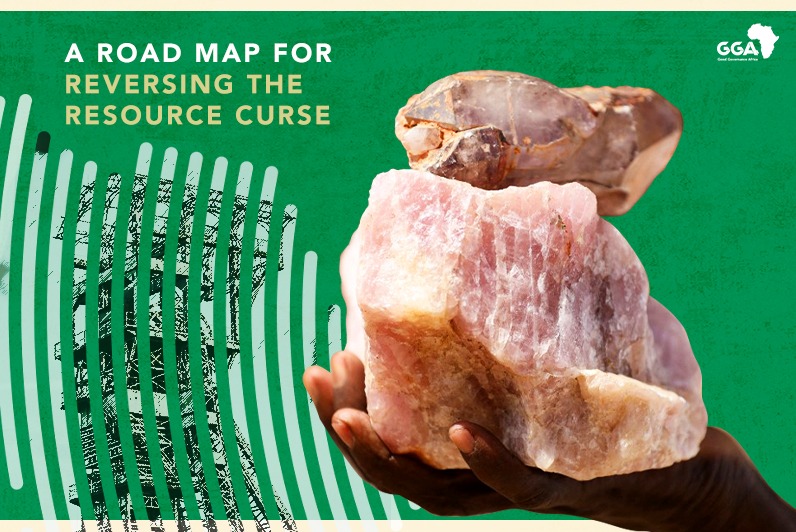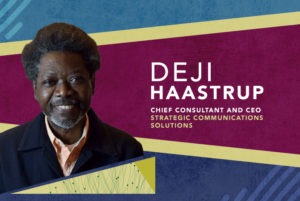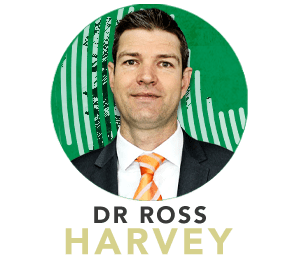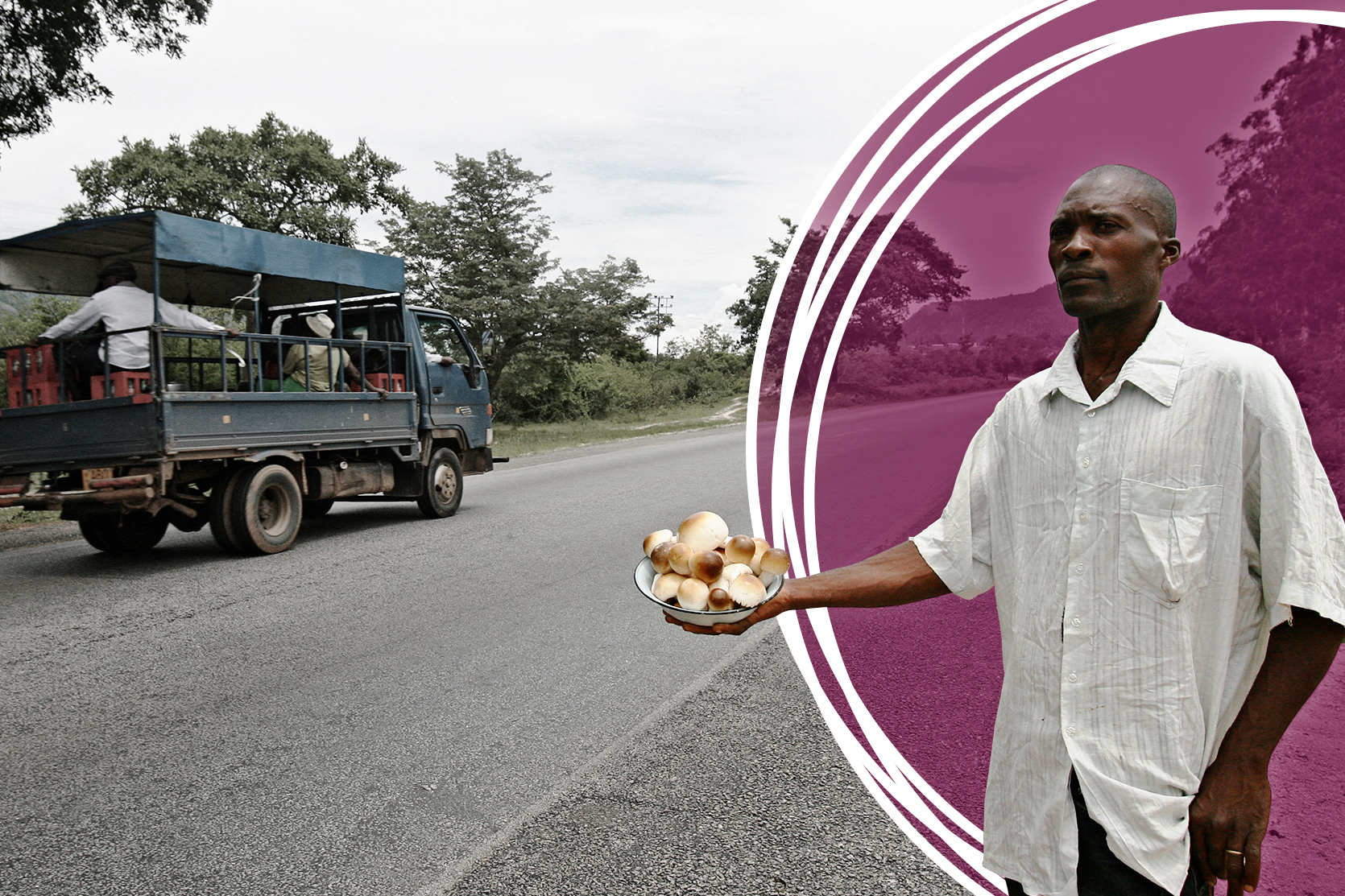
For many African countries, Covid-19 has provided a useful cover for leaders to advance authoritarian ends, consolidate their autocracies and undermine whatever rule of law existed before. This seems especially true for ruling coalitions in countries with access to mineral or hydrocarbon wealth.
Mozambique is a desperate case in point. While Angola and Nigeria have historically been the empirical poster children for the existence of a ‘resource curse’, Mozambique is fast becoming the most frightening expression of it. The country is rich in minerals and has recently discovered massive quantities of offshore high-quality liquefied natural gas, resulting in the single-largest dose of Foreign Direct Investment (FDI) on the African continent. But the quality of its governing institutions leaves much to be desired. In the forgotten province of Cabo Delgado, for instance, an utter lack of governance and service delivery, combined with the arrival of commercial oil extractors and local grievances, has proved an explosive cocktail for extremist insurgency and shocking violence. (See our latest multimedia story for in-depth insight into the Cabo Delgado tragedy: http://gga.org/multimedia/aif-57/)
For many African countries, Covid-19 has provided a useful cover for leaders to advance authoritarian ends, consolidate their autocracies and undermine whatever rule of law existed before.
It is fitting to reflect on Mozambique as we close out our campaign to reverse the resource curse (Watch our introductory vodcast here: https://gga.org/reversing-the-resource-curse-mining-vodcast/). Much of what we have advocated from a governance perspective would likely have ameliorated the current chaos in Mozambique. In our vodcast with Deji Haastrup, formerly of Chevron, Deji emphasises the importance of engaging authentically with local communities well in advance of moving to commercial production.

Watch the full vodcast with Deji Haastrup here.
If the commercial operators off the Cabo Delgado coast had seen local communities as investment partners instead of nuisances to be appeased, or had mainstreamed social performance, it is hard to imagine that the situation would have unfolded the way it has. The days of seeing corporate social responsibility as some kind of tick-box compliance exercise are over. Deji rightly asserts that, increasingly, business performance will depend on social and environmental performance. The growing Environment, Social and Governance (ESG) movement in the investment world will no longer tolerate greenwashing or mere side payments masquerading as social responsibility. For the private sector, the future lies in becoming development partners instead of mere resource extractors. As Dr David Matsinhe makes clear, investment will have to be conceptualised differently if we are to overturn the paradox of plenty. The best way to de-risk one’s asset is to invest in the long-run wellbeing of local host communities and governance institutions.
In the forgotten province of Cabo Delgado, an utter lack of governance and service delivery, combined with the arrival of commercial oil extractors and local grievances, has proved an explosive cocktail for extremist insurgency and shocking violence.
Even in the very different context of the Xolobeni community on South Africa’s wild coast, the principle remains the same. The foreign mining company that has been trying to extract titanium since 2002 might have made more progress had they engaged the local communities instead of trying to strike a bargain between the local traditional authorities and the governing entity (the Department of Mineral Resources). Nonhle Mbuthuma, the co-founder of the Amadiba Crisis Committee in Xolobeni, walked us through the history and context of the community struggles against this foreign company, emphasising the importance of free speech and community rights. Professor Tracy-Lynn Field outlines the history of the legal battles – and victories – that have been waged by the Xolobeni communities. She demonstrates that the rule of law matters and profoundly prohibits abuse, though it has come at high cost in the case of Xolobeni. In South Africa, the rule of law is hardly exemplary. Nonetheless, that we know about abuse (through the Zondo Commision, for instance, and the media) and have a judiciary that often functions as a check against the abuse of power is ironically evidence that the rule of law exists. Such institutional mechanisms are often non-existent in places like Mozambique and Zimbabwe. Busisipho Siyobi, for instance, shows that in Zimbabwe, rent-seeking has consolidated the power of a rapacious elite who use illicit mineral rents to solidify a military-securocrat state.
The days of seeing corporate social responsibility as some kind of tick-box compliance exercise are over.
Strengthening institutional quality, then, is evidently critical if the resource curse is to be reversed. As mining lawyer Peter Leon points out, natural resource wealth will simply accrue to the ruling coalition if mechanisms are not established to ensure secure property rights and transparency over how resource rents are distributed. Transparency, of course, has been at the heart of most governance initiatives crafted to try and rectify the institutional deficiencies associated with resource wealth. James Gordon, executive director of Concentric Alliance, makes it clear that ‘transparency is an absolute necessity for companies if they are to be regarded as good neighbours and avoid becoming embroiled in destructive conflict’. Similarly, Dr Ishmael Ackah notes that the commitment to transparency has to be genuine and sufficient deterrence mechanisms have to be created to credibly ensure that transparency will lead to real accountability. Civil society activism will be increasingly integral to the success of transparency initiatives. In her outstanding policy briefing on the Extractive Industries Transparency Initiative (EITI), Busisipho Siyobi makes the point that strong civil society representation in the EITI’s multi-stakeholder groups is critical to obtaining local legitimacy for the Initiative. There is also no legitimate reason for governments of resource-wealthy countries to avoid signing up to the EITI.
There is also no legitimate reason for governments of resource-wealthy countries to avoid signing up to the EITI.
Responsible mining is not a far-fetched idea, either. Dr David Anaafo shows how companies that commit to it will likely yield the kind of returns that Deji Haastrup asserts are possible. Newmont’s initiatives in Ghana are not without their flaws, but nonetheless provide a transposable blueprint for other companies operating in contexts where local host communities are underdeveloped. The case simply solidifies the point that genuine inclusiveness not only crowds out unproductive rent-seekers; it can generate shared value for both firms and people. Emmanuel Graham puts it perfectly: ‘Any solution [to the resource curse] that is not genuinely multi-stakeholder, in my view, would be an exercise in futility.’
The resource curse is a blight on Africa’s development ambitions. Natural resource wealth should be a catalyst for broad-based development, and indeed can be. Too often, its abuse by unscrupulous elites has undermined that end. Governance initiatives devised to reverse the institutional decay that animates the curse have merit, though work remains to help us move from transparency to real accountability. Finally, if we are to achieve the Africa Mining Vision – where resources are transparently and equitably used to achieve structural economic transformation – we have to not only build appropriate institutions, but also craft strategies that connect mining to green industrialisation. The global energy and transport revolutions towards renewables hold great promise for Africa’s development future given the sheer volume of non-fossil minerals and metals with which we are endowed. We simply cannot afford to lose out on this opportunity.
Dr Ross Harvey is a natural resource economist and policy analyst, and he has been dealing with governance issues in various forms across this sector since 2007. He has a PhD in economics from the University of Cape Town, and his thesis research focused on the political economy of oil and institutional development in Angola and Nigeria. While completing his PhD, Ross worked as a senior researcher on extractive industries and wildlife governance at the South African Institute of International Affairs (SAIIA), and in May 2019 became an independent conservation consultant. Ross’s task at GGA is to establish a non-renewable natural resources project (extractive industries) to ensure that the industry becomes genuinely sustainable and contributes to Africa achieving the Sustainable Development Goals (SDGs). Ross was appointed Director of Research and Programmes at GGA in May 2020.













